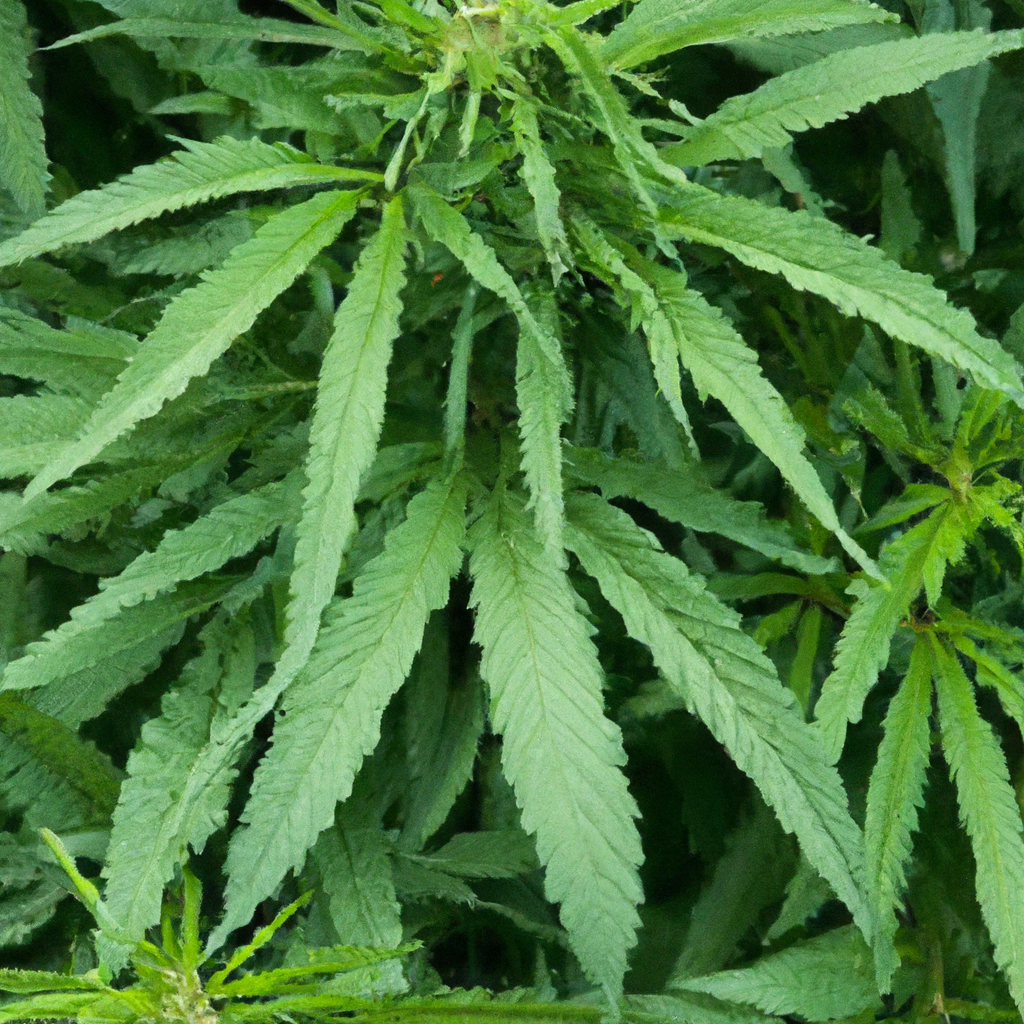Your cart is currently empty!
Hemp, often associated with its close relative cannabis, is gaining significant attention for its diverse applications and environmental benefits. As sustainability becomes a critical concern, understanding how hemp cultivation contributes to eco-friendly practices is more important than ever.
The Environmental Benefits of Hemp
Unlike many agricultural crops, hemp is known for its positive environmental impact. Here are several ways hemp cultivation supports sustainable practices:
- Carbon Sequestration: Hemp plants are excellent at absorbing carbon dioxide, more so than trees, thus aiding in carbon sequestration and helping to combat climate change.
- Soil Health Improvement: Hemp grows rapidly and densely, providing natural ground cover that prevents erosion and helps maintain soil health through its deep root system.
- Pesticide-Free Growth: Typically grown without the need for synthetic pesticides or herbicides, hemp cultivation avoids environmental contamination and supports biodiverse ecosystems.
Hemp Products: Beyond Sustainability
Hemp is not only sustainable to grow, but it also offers a wide range of eco-friendly products that can revolutionize several industries. These include:
- Biodegradable Plastics: Hemp fibers can be used to create biodegradable plastics, offering a sustainable alternative to conventional plastics.
- Natural Textiles: As a durable and breathable fabric, hemp is increasingly used in sustainable clothing lines, providing an eco-friendly alternative to cotton.
- Renewable Energy: Hemp biomass can be converted into biofuels, offering a renewable energy source that reduces reliance on fossil fuels.
Challenges and Opportunities in Hemp Cultivation
While the potential of hemp is vast, there are challenges in its cultivation and use that need to be addressed to maximize its benefits:
- Regulatory Barriers: Legal hurdles and regulatory challenges can hinder the growth of the hemp industry, though progress is being made globally.
- Industry Education: Raising awareness and educating farmers about hemp’s sustainable benefits can encourage wider adoption of this versatile crop.
Conclusion
Hemp cultivation not only offers remarkable environmental benefits but also paves the way for sustainable innovations across various sectors. As awareness about its advantages grows, hemp could play a pivotal role in promoting global sustainability.
Exploring hemp opens doors to a sustainable future, one plant at a time.
Tags: Sustainable Practices, Cannabis Education, Environmental Impact, Hempcrete, Renewable Energy
Discover more from Magic Clones
Subscribe to get the latest posts sent to your email.


Leave a Reply